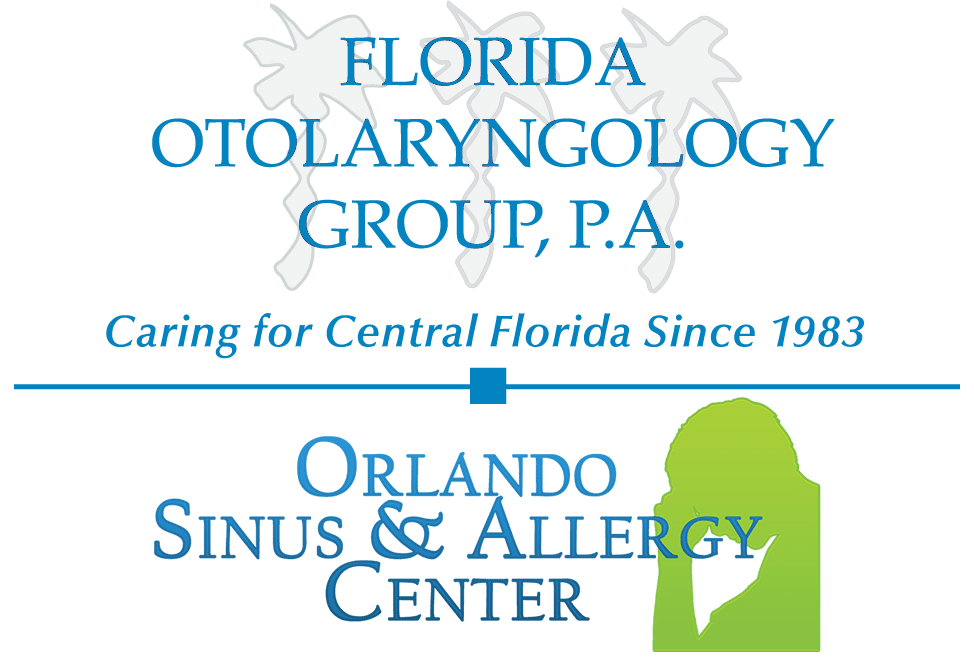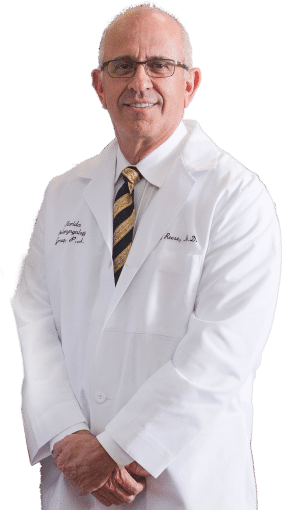Sinus surgery is usually indicated for chronic sinus infections that persist despite appropriate medical therapy. The sinuses are air-filled cavities of the bones around the nose, and any cause of swelling such as an infection, can cause sinusitis by blockage of their drainage pathways. Common symptoms include pain, congestion, drainage or post-nasal drip. A physician should take these symptoms into account when diagnosing, along with physical and radiographic findings such as signs of pus or sinus blockage.
The main treatment for chronic sinusitis is medical management. Conventional therapies include antibiotics, topical or oral steroids, allergy medications and saline rinses, to name a few. When medications fail, surgery may be a reasonable option for treating chronic sinusitis. Other indications are nasal polyp disease, sinus cysts or mucoceles, tumors or discrete anatomic abnormalities.
Using the newest techniques, sinus surgery is usually performed without incisions and with minimal packing, little pain, and quick recovery. Endoscopic sinus surgery is generally performed through the nostrils using specialized instruments and small telescopes called endoscopes. The goals are to enlarge the natural drainage pathways of the sinuses, remove polyps and fix anatomic structural problems that contribute to sinus blockage. Some procedures may also be performed very safely and easily in the office such as balloon sinus dilation or balloon sinuplasty. In balloon sinus dilation a balloon catheter is used to gently dilate the natural sinus openings under local anesthesia with great long term results. Recovery, pain, and bleeding are less with balloon sinus dilation in the office compared to traditional surgery, although not everyone may be a candidate. Any sinus surgery has potential rare risks that you should consider in order to make an informed decision.
Surgery is usually not a cure for sinusitis, but most patients who have sinus surgery report an improved quality of life and a decrease in medication usage. Recent studies suggest that surgery not only alleviates chronic sinusitis symptoms but also improves fatigue, sleep, and sexual function. Consult with an ENT (Otolaryngology) specialist to see if sinus surgery is right for you after reasonable medical options have been considered. If you have questions about surgery that are still not answered, you should feel comfortable seeking a second opinion.





